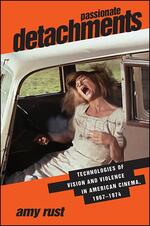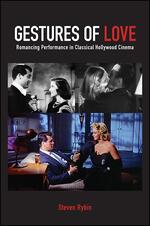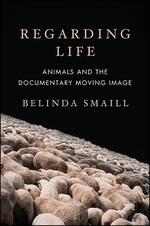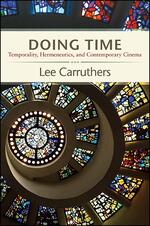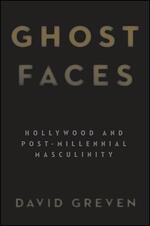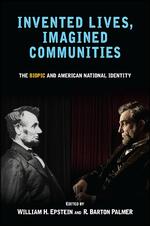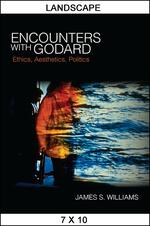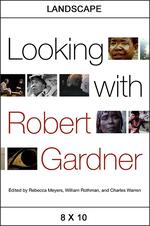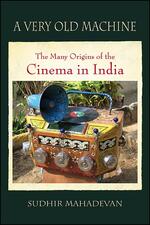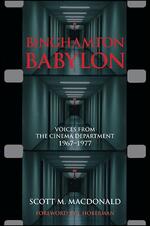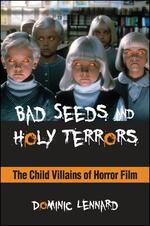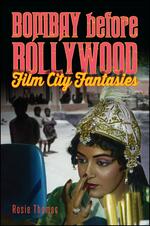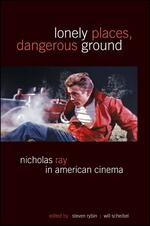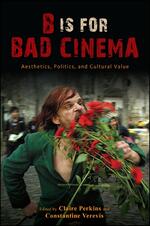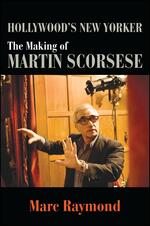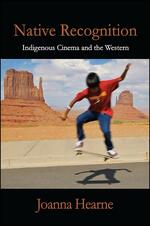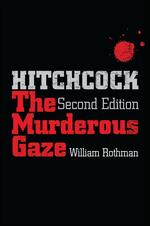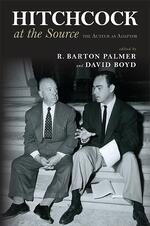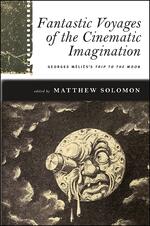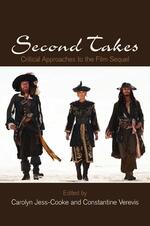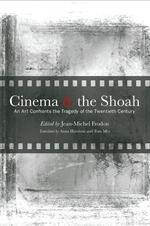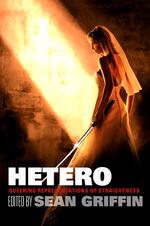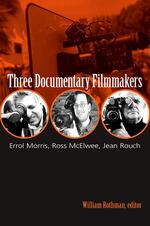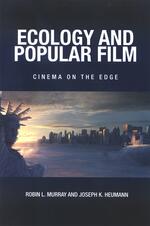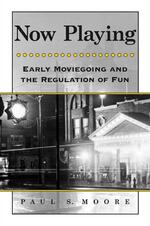SUNY series, Horizons of Cinema
Passionate Detachments
Investigates the cultural value of film violence.
Gestures of Love
Examines movie romance in light of our emotional bond to the actors and characters on screen.
Regarding Life
Contends that the narrative and aesthetic qualities of the documentary genre enable new understandings of animals and animal/human relationships.
Doing Time
Proposes that cinematic time is not a fixed idea, but a dynamic exchange between film and viewer.
Ghost Faces
Combines psychoanalysis, queer theory, masculinity studies, and cultural studies to explore contemporary manhood in film.
Invented Lives, Imagined Communities
How Hollywood biopics both showcase and modify various notions of what it means to be an American.
Encounters with Godard
A wide-ranging and accessible approach to Godard’s later work, and a major intervention in the study of film and ethics.
Looking with Robert Gardner
Assesses the range and magnitude of Robert Gardner’s achievements as a filmmaker, photographer, writer, educator, and champion of independent cinema.
A Very Old Machine
Argues that Indian cinema’s deep nineteenth-century past continues to play a vital role in its twenty-first-century present.
Binghamton Babylon
Documents a volatile and productive moment in the development of film studies.
Bad Seeds and Holy Terrors
Examines the complexities and contradictions that arise when the monsters in the movies are children.
Bombay before Bollywood
Traces the development of Indian cinema from the 1920s to the mid-1990s, before "Bollywood" erupted onto the world stage.
Lonely Places, Dangerous Ground
A range of approaches to the director's life and work.
B Is for Bad Cinema
Considers films that lurk on the boundaries of acceptability in taste, style, and politics.
Hollywood's New Yorker
A fresh look at the director’s career.
Native Recognition
Offers a new interpretation of the century-long relationship between the Western film genre and Native American filmmaking.
Hitchcock, Second Edition
An expanded edition of a classic work of film criticism, with a provocative and eloquent new chapter on Marnie, Hitchcock's most heartfelt--and most controversial--film.
Hitchcock at the Source
Considers the ways in which Alfred Hitchcock adapted and transformed a variety of literary works—novels, plays, and short stories—into film.
Fantastic Voyages of the Cinematic Imagination
An authoritative and comprehensive guide to cinema’s first true blockbuster.
Second Takes
The first collection of essays devoted to the phenomenon of the film sequel.
Cinema and the Shoah
Examines the variety of cinematic responses to the Holocaust as well as the Shoah’s impact on cinematic expression itself.
Hetero
Uncovers the queer nature of heterosexuality on film.
Three Documentary Filmmakers
Uses new critical approaches to demonstrate deep affinities in these vastly different filmmakers’ philosophies on film, fantasy, and reality.
Ecology and Popular Film
Ecocritical takes on popular film.
Now Playing
Locates the origins of the mass audience and the emergence of everyday moviegoing in the culture of cities.
